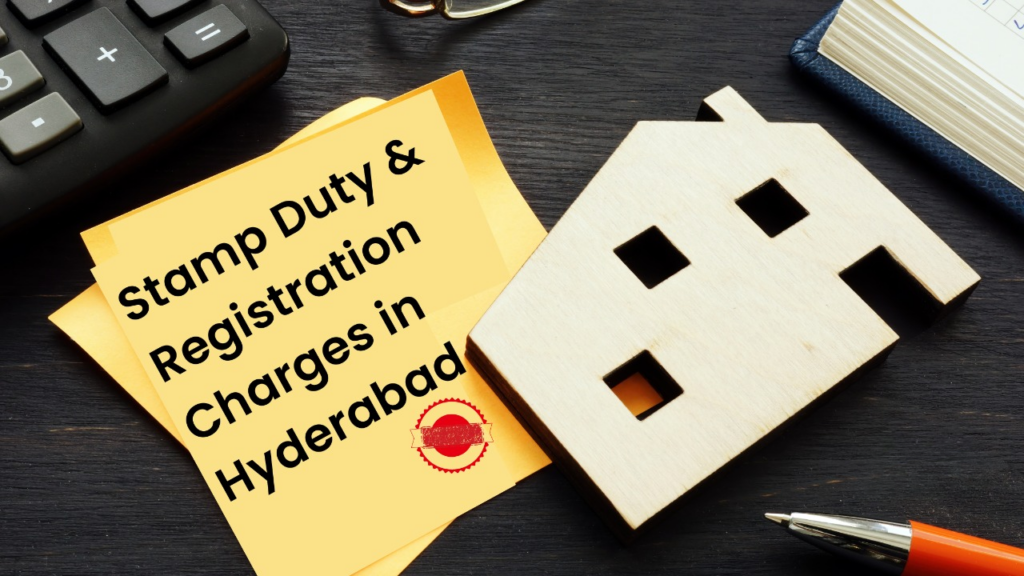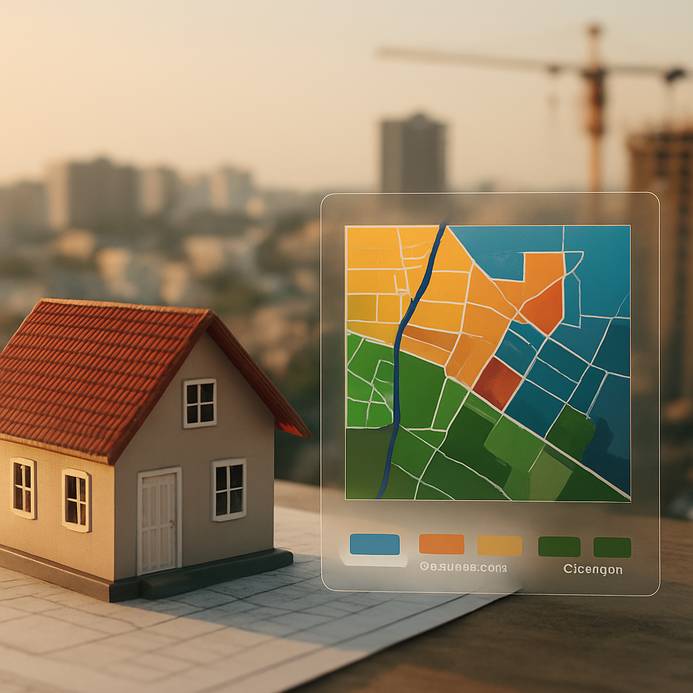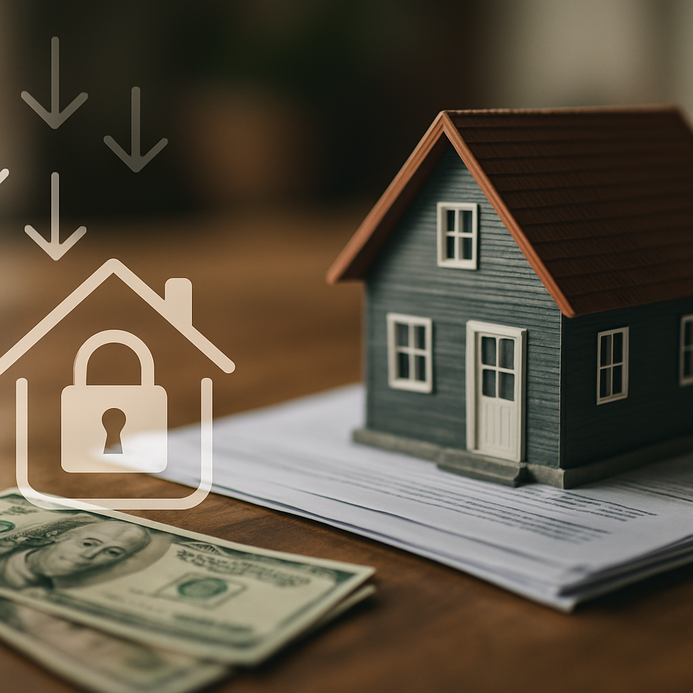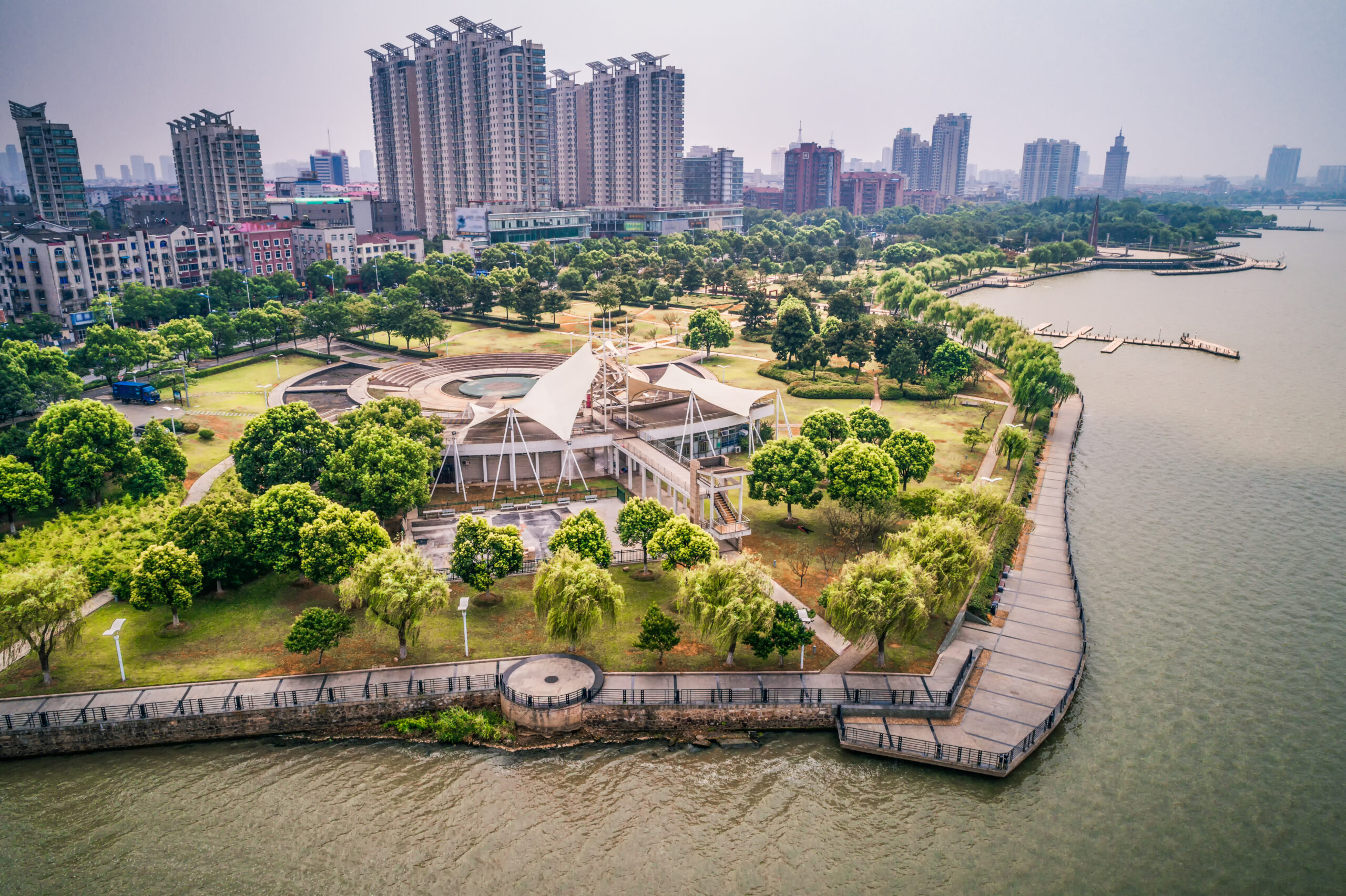Avoid Costly Mistakes: Know Your Stamp Duty on Property
Buying or selling a property involves more than just the price negotiation; it requires navigating through various legal and financial aspects. What is Stamp Duty on Property? What are registration charges? In the context of property transactions in India, these terms are critical, each playing a distinct role in ensuring the legality and validity of the transaction.
What is Stamp Duty?
Stamp duty on property is a tax levied by governments during real estate transactions. It’s calculated as a percentage of the property’s purchase price and varies based on factors like location and property type. Failure to pay can lead to penalties. Stamp duty contributes to government revenue, funding public services and infrastructure. However, it can add significantly to transaction costs for buyers and sellers, affecting affordability and market dynamics.

Who pays for the stamp duty, the seller or the buyer?
In property transactions in India, the responsibility for paying stamp duty typically rests with the buyer. However, the division of this cost can vary depending on negotiations between the buyer and seller. While it’s customary for the buyer to bear the burden of stamp duty, some agreements may stipulate a shared arrangement or even allocate the payment to the seller. Ultimately, it’s essential for both parties to clarify the terms regarding stamp duty payment during the negotiation process to avoid any misunderstandings or disputes. Understanding this aspect ensures a smoother transaction and helps both buyers and sellers plan their finances effectively.

Unveil the 50-50 payment plan
Calculation:
The amount of stamp duty is typically a percentage of the property’s transaction value or market value. Rates vary across different states and union territories in India.
Payment:
Buyers are responsible for paying stamp duty, and it needs to be settled before or at the time of property registration.
Purpose:
Stamp duty serves a dual purpose. Firstly, it ensures the legal validity of the property transaction, and secondly, it contributes to government revenue.
What are registration Charges:
Registration charges on property refer to the fees imposed by the government for registering a property transaction. When you buy or sell a property, it needs to be legally registered with the government to establish ownership rights. This registration process incurs certain charges which are usually based on the value of the property being transferred.
It’s essential to factor in registration charges when budgeting for a property transaction, as they can significantly impact the overall cost. Additionally, failing to pay registration charges can lead to legal complications and invalidate the property transaction.
Calculation:
Similar to stamp duty, registration charges are often calculated as a percentage of the property’s transaction value, with rates varying based on the nature of the document and jurisdiction.
Payment:
Like stamp duty, registration charges must be paid during the property registration process, and it is typically the buyer’s responsibility.
Purpose:
Registration charges cover the cost of legally recording the transaction, creating an official record of property ownership. This process imparts legal validity to the transaction.
Stamp Duty and Registration Charges in Hyderabad

In Hyderabad, the fee structure varies based on the type of document. Here are the stamp duty and registration charges for various documents:
Corporations and Municipalities
| Fee Type | Rate | Payable on |
| Registration Charge | 0.5% of the property value | Market Value (MV) or consideration, whichever is higher |
| Stamp Duty | 4% of the property value | Market Value (MV) or consideration, whichever is higher |
| Transfer Duty | 1.5% on property value | Market Value (MV) or consideration, whichever is higher |
Registration Charge: 0.5% of the property value
Stamp Duty: 4% of the property value
Transfer Duty: 1.5% on property value
Stamp and Transfer Duty Payable on: Market Value (MV) or consideration, whichever is higher.
For corporations and municipalities engaged in property transactions, understanding these fees is crucial. The registration charge of 0.5% ensures the legal recording of the transaction, while the 4% stamp duty contributes to government revenue and validates the transaction. Transfer duty, at 1.5%, facilitates the smooth transfer of property ownership. The requirement to pay stamp and transfer duty on the higher of the property’s market value or consideration ensures transparency in property transactions.
Apartments and Flats

| Fee Type | Rate | Payable on |
| Registration Charge | 0.5% of the property value | Market Value (MV) or consideration, whichever is higher |
| Stamp Duty | 4% of the property value | Market Value (MV) or consideration, whichever is higher |
| Transfer Duty | 1.5% on property value | Market Value (MV) or consideration, whichever is higher |
Registration Charge: 0.5% of the property value
Stamp Duty: 4% of the property value
Transfer Duty: 1.5% on property value
Apartments and flats, a distinct property category, also follow this fee structure. The registration charge, stamp duty, and transfer duty are consistent at 0.5%, 4%, and 1.5%, respectively.
Sale Deed (in Gram Panchayath):
– Registration Fees: 2.00%
– Stamp Duty: 5.50%
– Chargeable Value: Market Value (Or) Consideration, Whichever Is Higher
Sale Agreement with Possession:

– Registration Fees: 0.5% (Minimum Rs.1,000/-and Maximum 20,000/-)
– Stamp Duty: 5.50%
– Chargeable Value: Market Value (Or) Consideration, Whichever Is Higher (5.50% Adjustable)
Sale Agreement Without Possession:
– Registration Fees: 0.50% (Minimum Rs.1,000/-and Maximum 20,000/-)
– Stamp Duty: 0.50% (Not adjustable)
– Chargeable Value: Market Value (Or) Consideration, Whichever Is Higher
Agreement of Sale cum General Power of Attorney:

– Registration Fees: 0.5% (Subject to a minimum Rs.5,000/- and maximum Rs.1 lakh/-)
– Stamp Duty: 6.50%
– Chargeable Value: Market Value (Or) Consideration, Whichever Is Higher (5.50% Adjustable)
For a smooth home ownership journey, ASBL serves our patrons through customer-centric design, impeccable delivery standards and proactive communications.
ASBL, renowned for its innovative approach to real estate, introduces a range of projects tailored to redefine modern living.
ASBL Loft offers premium 3BHKs in the heart of the Financial District, boasting tailored amenities ranging from childcare to fitness, and WFH to social living, ensuring the epitome of ease of living.
ASBL Spectra provides the perfect downtown life with its premium 3BHKs featuring outdoor living balconies and 18+ exciting amenities, all conveniently located in Gachibowli.
ASBL Spire, nestled in Kokapet, brings the outdoors indoors with room-sized balconies, offering residents the serenity and tranquility of nature within a contemporary living space. Discover the key to envy, exceptional lifestyle, and the beauty of indoor-outdoor living with ASBL’s projects.
Visit www.asbl.in for more information.

Conclusion:
In conclusion, understanding stamp duty and registration charges is essential for Indian homebuyers and sellers to navigate the complexities of property transactions. These fees, which vary based on location and property type, ensure the legality and validity of transactions while contributing to government revenue. Failing to pay can lead to penalties and legal complications. By comprehending the calculation, payment process, and purpose of stamp duty and registration charges, savvy homebuyers can make informed decisions and budget effectively for their property transactions, ensuring a smooth and legally sound process from negotiation to ownership transfer.
FAQs
Stamp duty on property is a tax levied by the government during real estate transactions in India. It’s calculated as a percentage of the property’s purchase price and varies based on factors like location and property type.
Stamp duty is typically a percentage of the property’s transaction value or market value, with rates varying across different states and union territories in India.
Buyers are responsible for paying stamp duty, and it needs to be settled before or at the time of property registration.
Registration charges are fees imposed by the government for legally registering a property transaction in India. They are usually based on the value of the property being transferred.
Similar to stamp duty, registration charges are often calculated as a percentage of the property’s transaction value, with rates varying based on the nature of the document and jurisdiction.
Like stamp duty, registration charges must be paid during the property registration process, and it is typically the buyer’s responsibility.
Stamp duty and registration charges ensure the legality and validity of property transactions while contributing to government revenue. They cover the cost of legally recording the transaction and creating an official record of property ownership.
Failure to pay stamp duty or registration charges can lead to penalties, legal complications, and may even invalidate the property transaction. It’s crucial to fulfill these obligations to avoid any issues.













